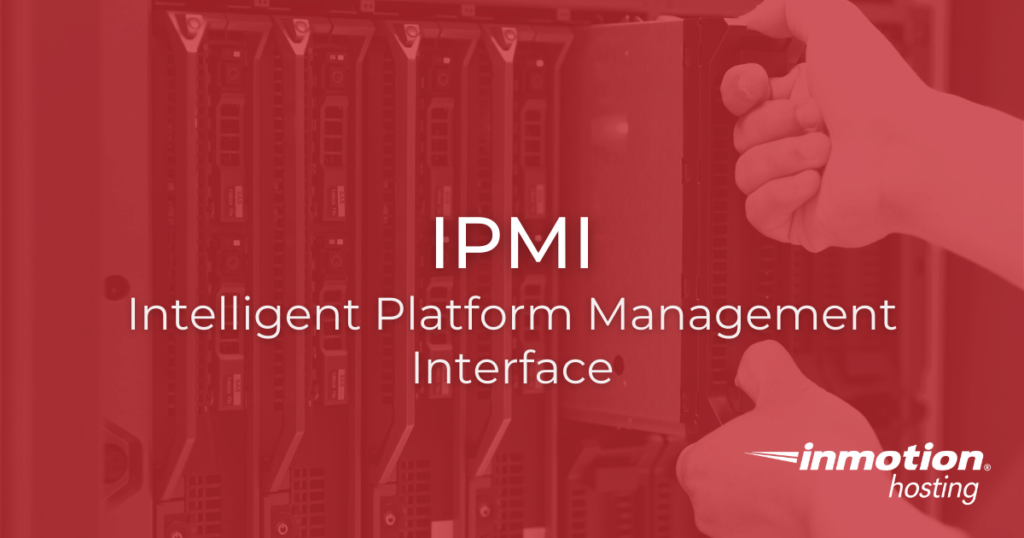
One of the underlying technologies of many data center operations is IPMI. IPMI stands for Intelligent Platform Management Interface and allows remote users to interact with servers independently of the server itself. Tasks such as installing operating systems that normally require physical proximity to the server can be performed remotely using an IPMI.
Data center automation is becoming increasingly popular for large-scale data centers and offers clear benefits for both hosting providers and end users. By automating the deployment of operating systems, software packages, and server configurations, you can increase productivity, reduce overhead, and provide a more reliable experience overall.
In this article, we will discuss the concept of IPMIs and some of the benefits of using this technology.
Topics Include:
Scale your business with high-performance dedicated hosting. Choose from Managed Dedicated Servers powered by cPanel, or select a Bare Metal Server for complete server control via the command line.
DDoS Protection
99.99% Uptime
Software RAID
New Customer Discounts
What is IPMI?
As stated previously, the IPMI is an interface that allows users to interact with a server independently of the server itself. This is particularly useful for performing operations that would require a reformatting of disk drives, reinstallation of built-in or software operating systems, or other base-level modifications to your server. The reason for this is that performing an action such as uninstalling an operating system without an IPMI would essentially lock you out of connecting to the server remotely.
With an IPMI, you can maintain your connection to the server and interact with it, even if it is powered off or has none of the requisite software installed. In this sense, the IPMI acts as your virtual data center proxy, functioning as go-between for you and the server.
Benefits of IPMI
Without IPMI technology, it is not possible to remotely connect to a server that has no installed operating system. As such, the installation of an operating system on a blank server would require physical proximity to insert a USB drive or CD into the server itself. This has obvious drawbacks in that it requires access to the data center itself and available data center technicians. As a result, changing operating systems tends to be a burdensome and time-consuming process for servers not equipped with IPMI technology.
With an IPMI, users can remotely and independently access the server as though they were physically present. Operating systems can be reinstalled, uninstalled, or modified and it will not interrupt your connection to the server. As such, it is clear that IPMI can benefit any data center that aims to provide reliable, independent remote access to critical server infrastructure.
In summary, IPMIs represent one of many underlying server technologies that facilitate the operation of some of the most popular websites on the internet today. When looking for a web hosting provider, it can help to familiarize yourself with some of these technologies so that you can make an even more informed decision.
Want to know more about server technology? Check out our article on NVMe hard drives!